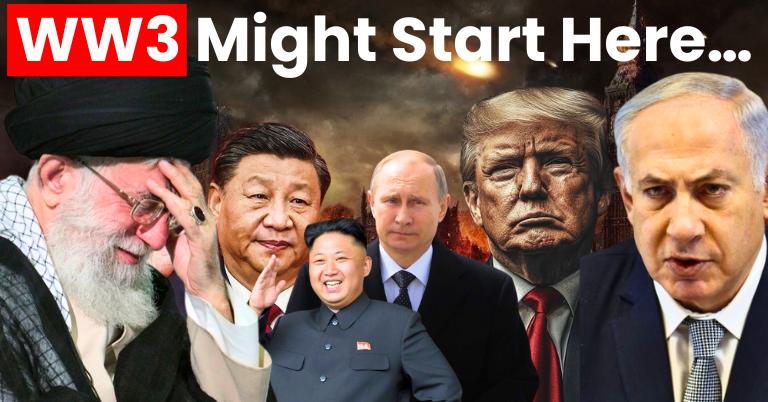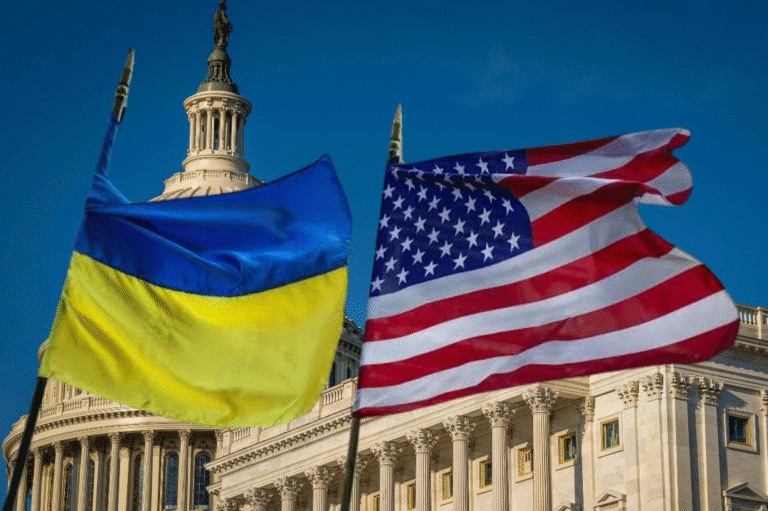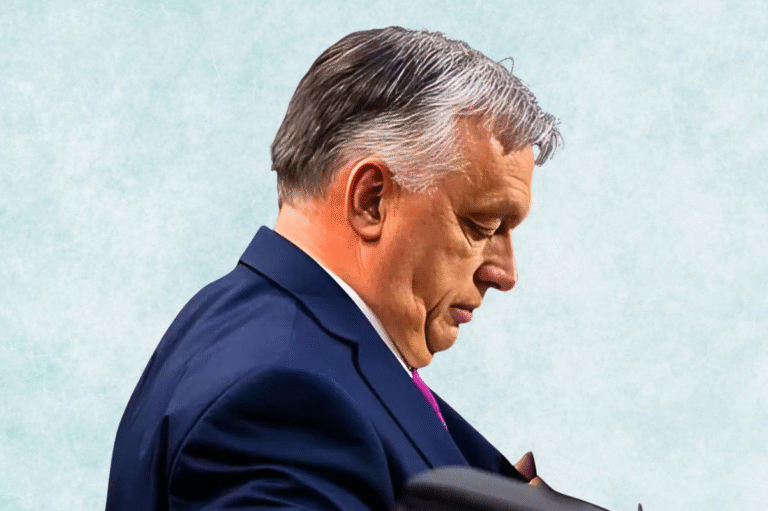China condemns US Attack on Iran ‘Seriously Violates’ International Law
The US military strikes on Iran’s nuclear installations in Fordow, Natanz, and Esfahan on June 21, 2025, have caused a significant increase in Middle East tensions and raised concerns around the world. Following a week of Israeli airstrikes that began on June 13, the attacks marked a sea change and pulled Washington into a regional conflict that it had previously sought to avoid. China, one of the operation’s most outspoken opponents, china condemns the US attack on Iran as a serious violation of international law and the core principles of the UN Charter in a forceful diplomatic statement.
China condemns US Attack on Iran
China’s Foreign Ministry strongly condemned the attacks and warned that they had “exacerbated tensions in the Middle East” in a statement released on June 22, 2025. Beijing underlined that the strikes directly violated Iran’s sovereignty, security, and territorial integrity and that the targeted Iranian nuclear sites were protected by IAEA safeguards.
China’s UN envoy Fu Cong reaffirmed this position during an emergency meeting of the UN Security Council, describing the operation as a “heavy blow to the international nuclear non-proliferation regime.”He urged all parties, particularly Israel, to halt hostilities and pursue dialogue, emphasising that peace in the Middle East “cannot be achieved by the use of force.”
Sovereignty and Use of Force – The Legal Argument
Two fundamental tenets of international law state sovereignty and the UN Charter’s Article 2(4) ban on the use of force are at the heart of China’s denunciation. According to this article, no member may use force to violate another state’s political independence or territorial integrity.
Only self-defence (Article 51) or UN Security Council approval (Chapter VII) allow for the use of force. China contends that the U.S. strikes were a blatant violation of international law since they failed to satisfy either requirement.
U.S. Justifications and the Legal Debate
The attacks were justified by the U.S. administration on the grounds of Israel’s collective self-defence and national security interests. According to President Trump, the sites must be destroyed in order to “make the world a safer place” and stop Iran from enriching uranium.
The United States claimed that the strikes prevented an impending Iranian threat by invoking anticipatory self-defence under Article 51 of the UN Charter. International law, which requires the stringent requirements of necessity, imminence, and proportionality, fiercely debates this enlarged definition of self-defence.
Legal experts and some U.S. lawmakers were among the critics who questioned whether diplomatic options had been exhausted and whether the threat was actually imminent. According to reports, there is no new evidence that Iran was actively developing a nuclear weapon, raising questions about the need for force.
Global Reactions – Divided Yet Concerned
A UNSC draft resolution condemning the U.S. actions and urging a ceasefire and negotiations was submitted by China, Russia, and Pakistan. Pakistan described the strike as a “deeply disturbing escalation,” while Russia called it a “unprovoked act of aggression.”
European countries adopted a more circumspect stance. EU leaders urged both sides to return to the negotiating table and called for restraint while voicing concern about Iran’s nuclear ambitions. Supporting diplomatic initiatives, Germany, France, and the UK emphasised the necessity of finding solutions in accordance with the Nuclear Non-Proliferation Treaty.
The operation was referred to as a “perilous turn” by UN Secretary-General António Guterres, who cautioned that increasing military action could quickly get out of hand. He emphasised that military solutions cannot settle nuclear disputes and urged all parties to “return to diplomacy.”
De-escalation was also demanded by regional powers like Saudi Arabia and Qatar. The Arab League reaffirmed the global agreement to protect territorial integrity by denouncing all forms of sovereignty violations.
European Leaders Rally Around Trump at NATO Summit Over Iran-Israel Truce.
Conclusion
A worldwide legal and diplomatic reckoning has been triggered by the U.S. strikes on June 21. Beijing presents itself as a champion of multilateralism and international law, and its denunciation presents the operation as a clear violation of the UN Charter. This improves China’s standing internationally, especially with nations that are leery of unilateral actions.
Uncomfortable concerns regarding future preemptive strikes and the deterioration of legal standards are brought up by the U.S. defence, which is predicated on the vague notion of “imminent threat.” The action might backfire, pushing Iran closer to weaponization and away from oversight, even if its goal was to postpone the spread of nuclear weapons.
Ultimately, this conflict highlights the brittleness of international norms and the pressing need for fresh diplomatic efforts to protect the international legal order and avert a wider regional conflict.






